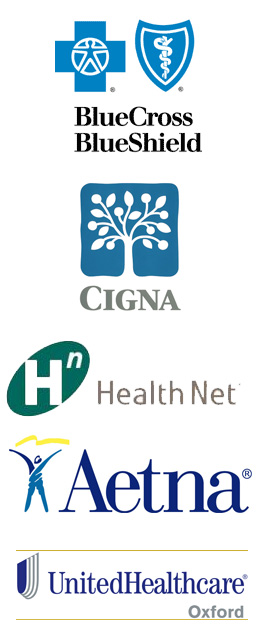Getting Help for Inhalant Abuse
According to the NIDA, “There are no FDA-approved medications to treat inhalant addiction” and no specifically studied behavioral therapies. However, this does not mean that treatment is unavailable for inhalant abusers. There are ways to find help, and you are not alone.
Drug Abuse Treatment
Although inhalants are not drugs in the stricter sense, they can still cause addiction, withdrawal syndrome, and deadly side effects. This is why drug abuse treatment might still be necessary for someone with an inhalant abusing problem. The CPSC states that someone worried about their loved one abusing inhalants should “contact a local drug rehabilitation center or other services available in [their] community.”
At these facilities, a person can receive both behavioral treatment and medical attention to help them recover from inhalant abuse. There exist many types of treatment facilities for drug abuse, most of them falling under these two categories:
- Inpatient treatment facilities where the patient stays overnight and is in a 24-hour, controlled environment while they work on their recovery
- Outpatient treatment facilities where the patient visits (usually every day at first) to get their treatment and is then able to live their life around it, go home, and be with their family
Depending how severe your abuse of inhalants is, you may want to choose an inpatient or outpatient treatment facility, especially if you have been abusing inhalants for a long time or if you have experienced major health or life problems as a result. We can help you find treatment. Call 1-800-895-1695.
Support Groups

Support groups can help you stop abusing inhalants.
For many drug abusers, support groups are actually a wonderful and helpful resource. They allow group members to make friends, work together, and form a community based on healing. This can be especially helpful for you to have the chance to talk to someone else who knows what you are going through.
Support groups are free and usually meet almost anywhere from community centers, to treatment facilities, to churches. If the situation is somewhat less dire or if you are not able to attend formal substance abuse treatment, support groups can be a group supplement or even an addition to treatment.
Reaching Out
Many people who abuse inhalants are younger individuals, in fact, the NIDA states that over 10% of 8th graders admit to using these substances. One of the most important things you can do if you have found your inhalant abuse has gotten out of control is to reach out. You can talk to a parent, a family member, a teacher, or your doctor in order to find help, but it is important to talk to someone.
Inhalant abuse is not less harmful than the abuse of drugs; in fact, it can cause many of the same issues that drug abuse does and can even cause death the very first time someone does it. This is why asking for help is so important. You do not need to suffer on your own, and those in your life will want to help you get better. Getting help for inhalant abuse is not as difficult as you may believe, and it starts with you taking the first step of asking.





